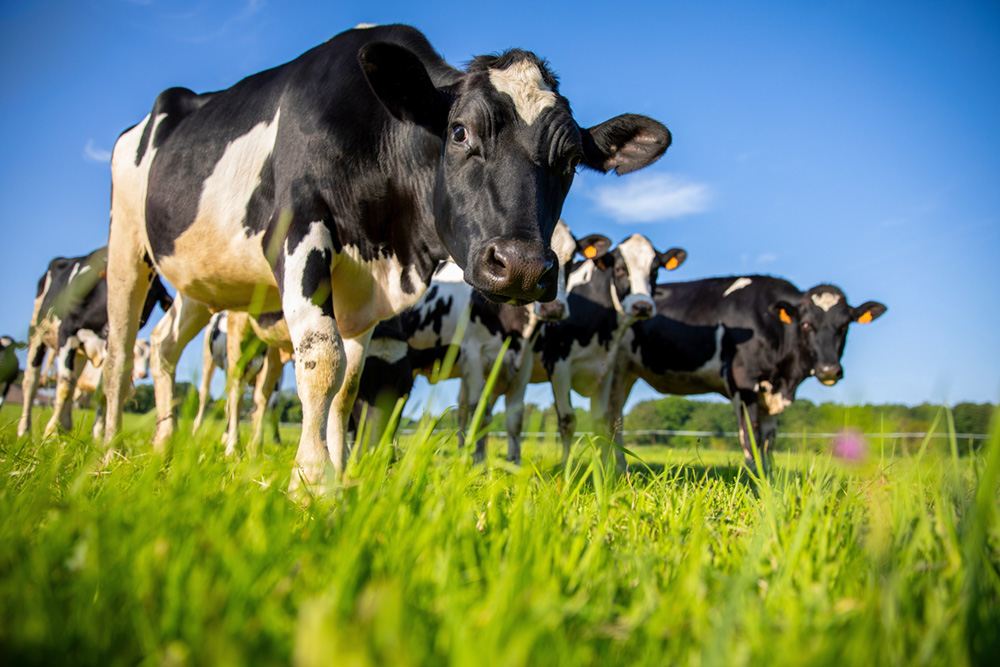

New World Economic Forum white paper highlights the essential role governments play in propelling progress in alternative proteins
The future of food might just be getting cooked up in Israel. A recent report by the World Economic Forum (WEF) called Creating a Vibrant Food Innovation Ecosystem: How Israel Is Advancing Alternative Proteins Across Sectors, paints a promising picture of the country's booming alternative protein industry.
Standing out as the world's second-largest recipient of private investment in this field, Israel boasts more than 80 startups dedicated to developing sustainable protein alternatives. This number is expected to double by 2030, with projections suggesting the creation of over 200 new companies and a dozen manufacturing facilities. This rapid growth could contribute a staggering US$2.5 billion to the Israeli economy through exports, wages, and taxes.
The report highlights the crucial role of government support in fostering this innovation ecosystem. Israel serves as a prime example of how strategic government intervention can create a fertile ground for collaboration between public and private sectors. The Israel Innovation Authority, a key player in this strategy, provides grants, facilitates research partnerships, and helps startups navigate regulatory hurdles.
"Israel’s proactive approach to fostering innovation in alternative proteins reflects our commitment to shaping a sustainable future for generations to come," said Dror Bin, Chief Executive Officer, Israel Innovation Authority, one of the authors of the report. "By investing in academic research, as well as innovative startups at every stage and facilitating collaboration across industries, we are accelerating the growth of Israel’s alternative protein ecosystem. Positioned to drive sustainable and efficient solutions, Israel is poised to redefine the global landscape of alternative proteins technology and make an impactful change for a more resilient food future."
"Governments play a pivotal role in supporting and advancing deep-tech sectors such as alternative proteins," added Adi Ben Tov, Associate Director of Policy, The Good Food Institute Israel. "Through strategic public investments in research, infrastructure and regulatory frameworks, governments can lay the foundation for private-sector involvement and drive transformative change in the global food systems while benefiting from new economic opportunities."
The focus on alternative proteins stems from a growing global concern about the environmental impact of traditional meat production. Animal agriculture is a major contributor to greenhouse gas emissions, deforestation, and water pollution. Alternative proteins, derived from plants, fungi, or even cultivated meat cells, offer a more sustainable and potentially less resource-intensive way to meet the world's growing protein demands.
"Plant-based and cultivated meat require a small fraction of the land and cause far fewer emissions than industrial animal farming," said Bruce Friedrich, President & Founder, The Good Food Institute, another author of the report. "Freed-up land can be repurposed for biodiversity preservation, reforestation and more ecologically friendly and regenerative methods of animal farming. With such profound benefits for our environment, for food security and for global health, alternative proteins are one critical strategy in our work towards a food system that we can all be proud of."
The WEF report acknowledges that challenges remain. Consumer acceptance, cost competitiveness with traditional meats, and ensuring the scalability of production are all hurdles that need to be overcome. However, the report expresses optimism for the future, citing Israel's strong scientific research base, entrepreneurial spirit, and growing investor confidence as key drivers of continued progress.
"The global food systems face immense challenges, from failures in the global food supply chain to macroeconomic declines and geopolitical tensions that underscore the need for transformative solutions," commented Nir Goldstein, Chief Executive Officer, The Good Food Institute Israel. "Achieving net-zero emissions and building resilient food systems necessitate the widespread adoption of innovative alternative protein technologies, and the Israeli ecosystem is paving the way. Developing a national strategy is the key to making a more impactful use of every public investment."
The success of Israel's alternative protein industry could serve as a blueprint for other countries seeking to develop more sustainable food systems. As the global demand for protein continues to rise, Israel's innovative spirit and strategic government support position it to be a major player in shaping the future of food.
"In forging a global alternative protein ecosystem, Israel’s leadership, in collaboration with the C4IR network, holds the key to making a profound global impact," concluded Daniella Partem, Head, Israeli Center for the Fourth Industrial Revolution (C4IR), Israel Innovation Authority. "The strategic actions of both entities set the blueprint for cross-sector collaboration as well as pave the way for transformative change on a global scale. By adopting this approach, nations can catalyse innovation, enhance food sustainability and address pressing challenges, ushering in a future where the alternative protein sector makes a lasting positive impact on both the environment and public health."
If you have any questions or would like to get in touch with us, please email info@futureofproteinproduction.com

.png)






